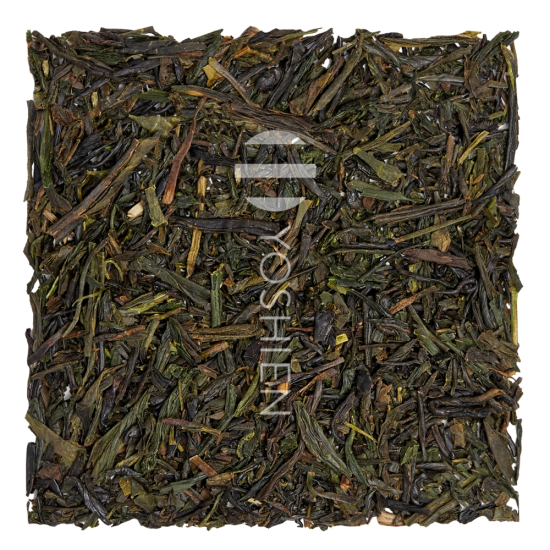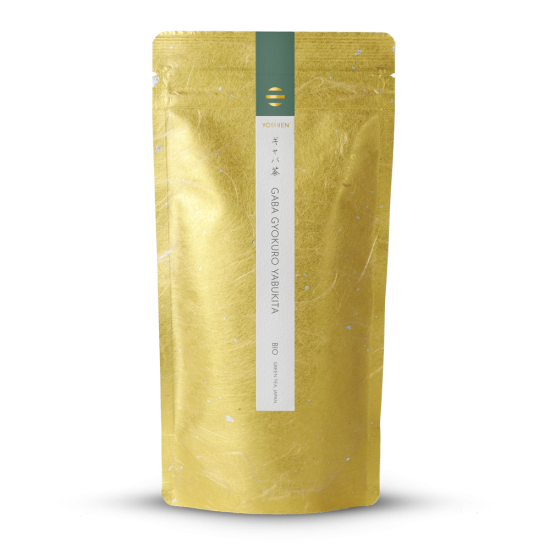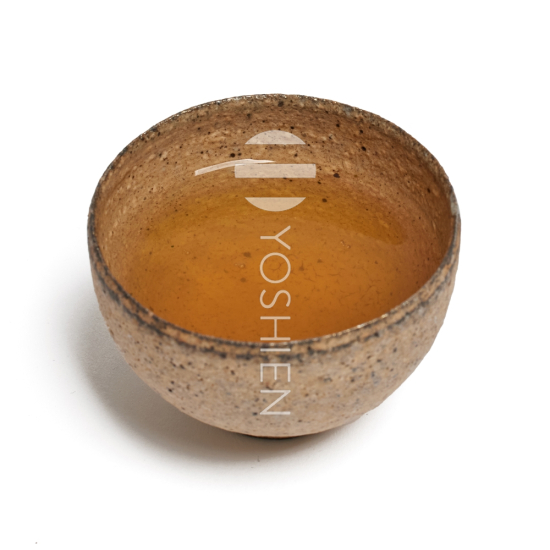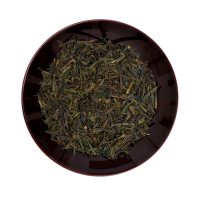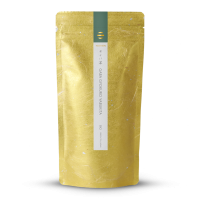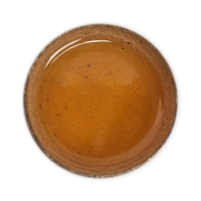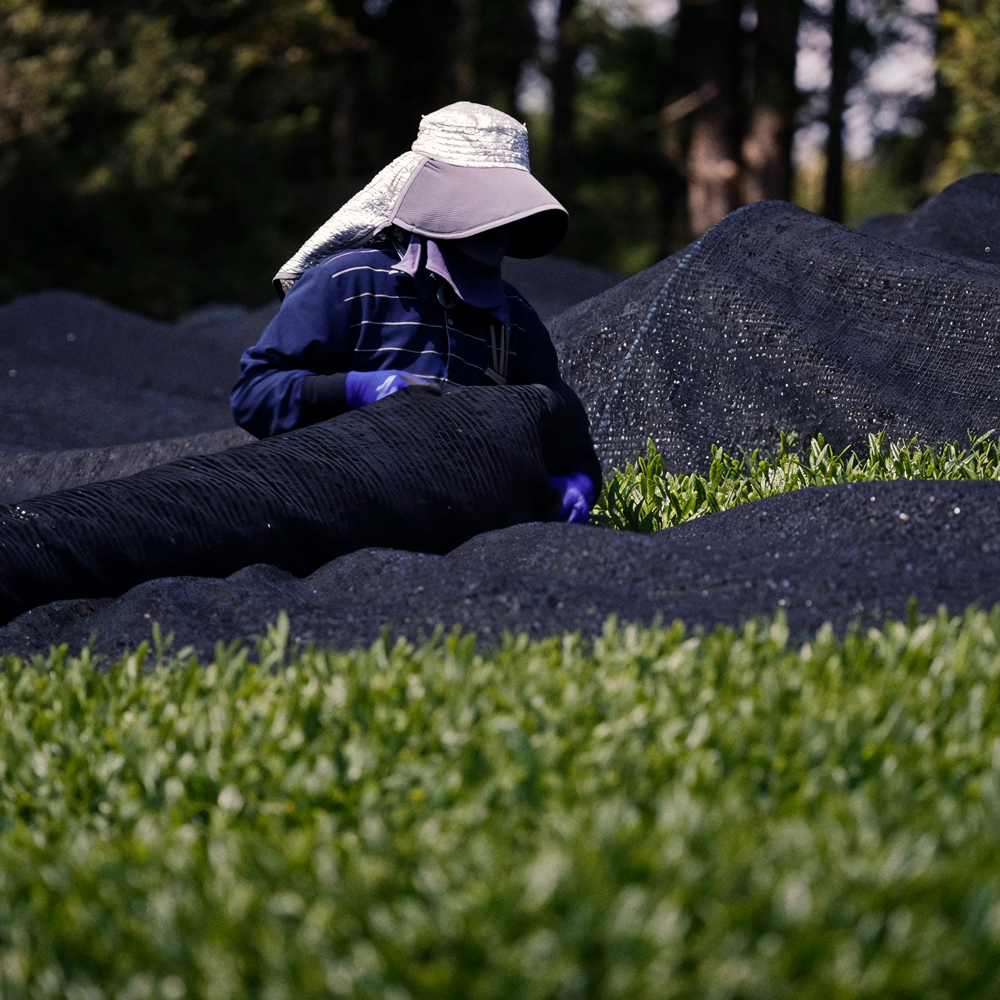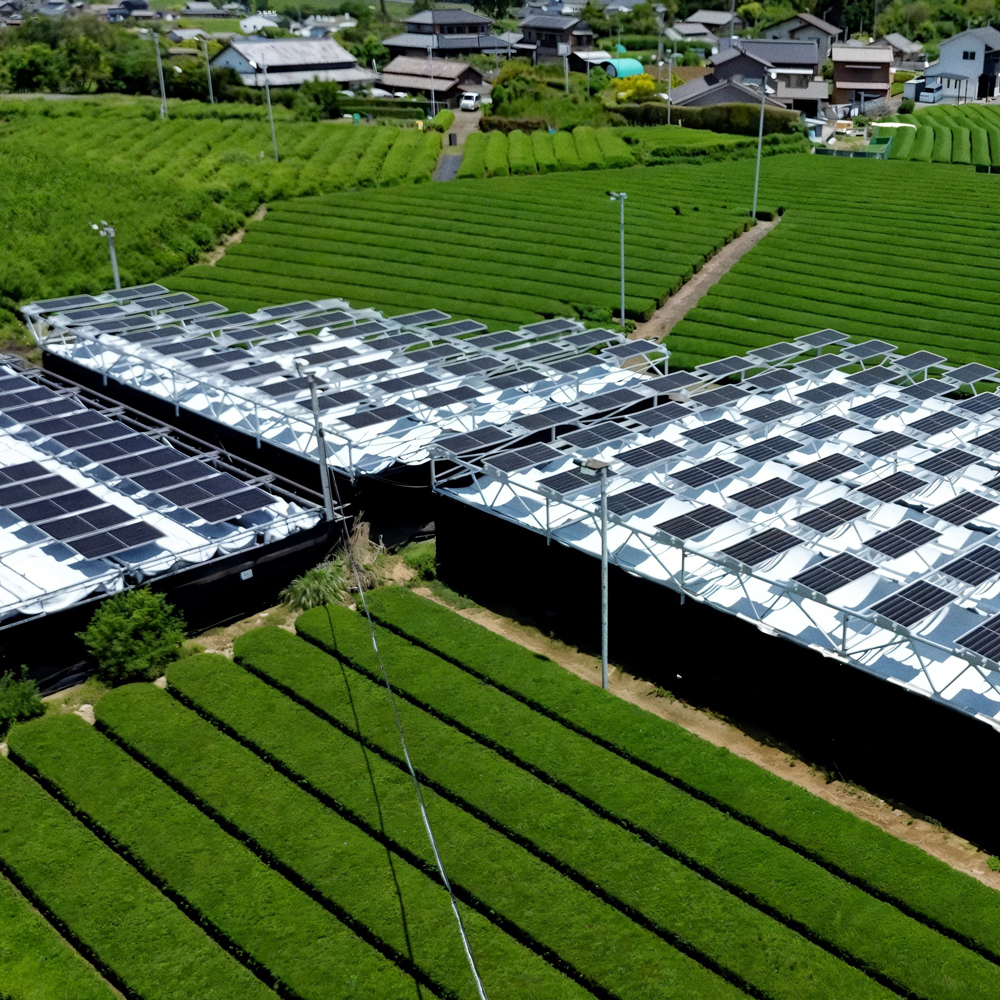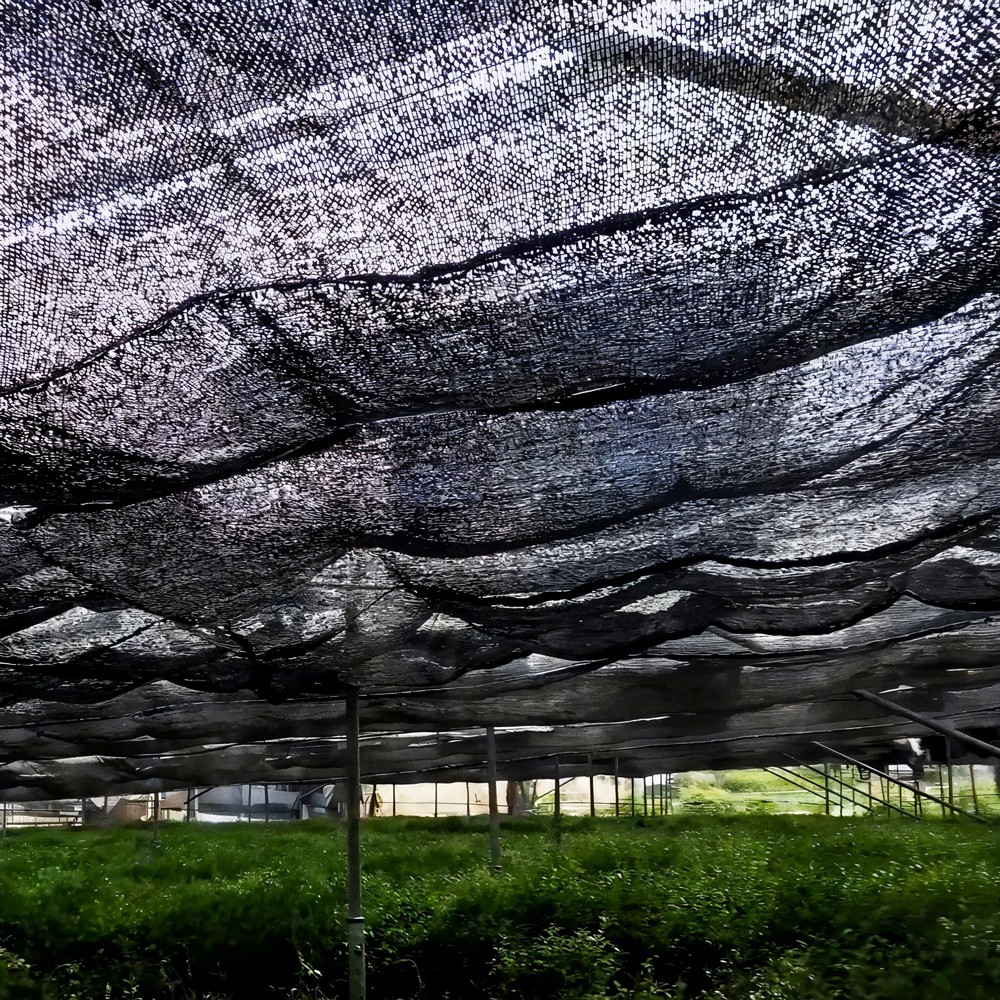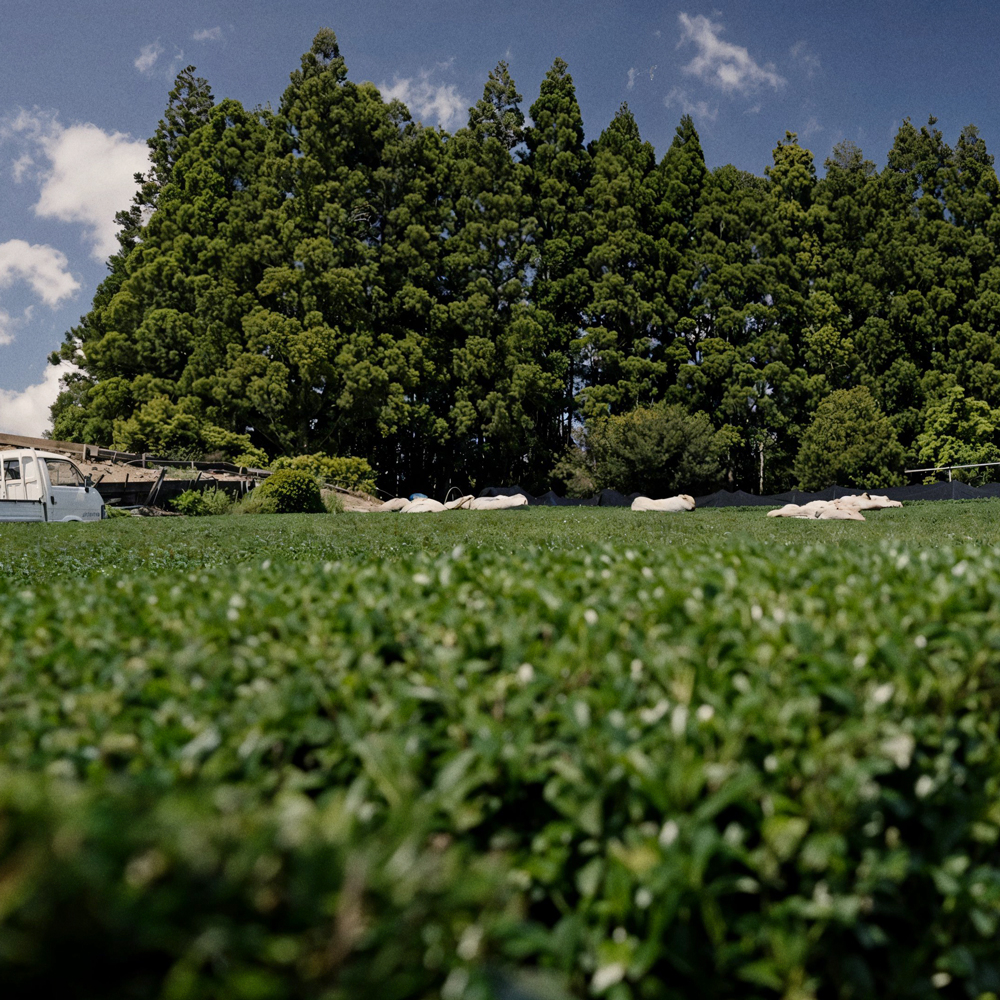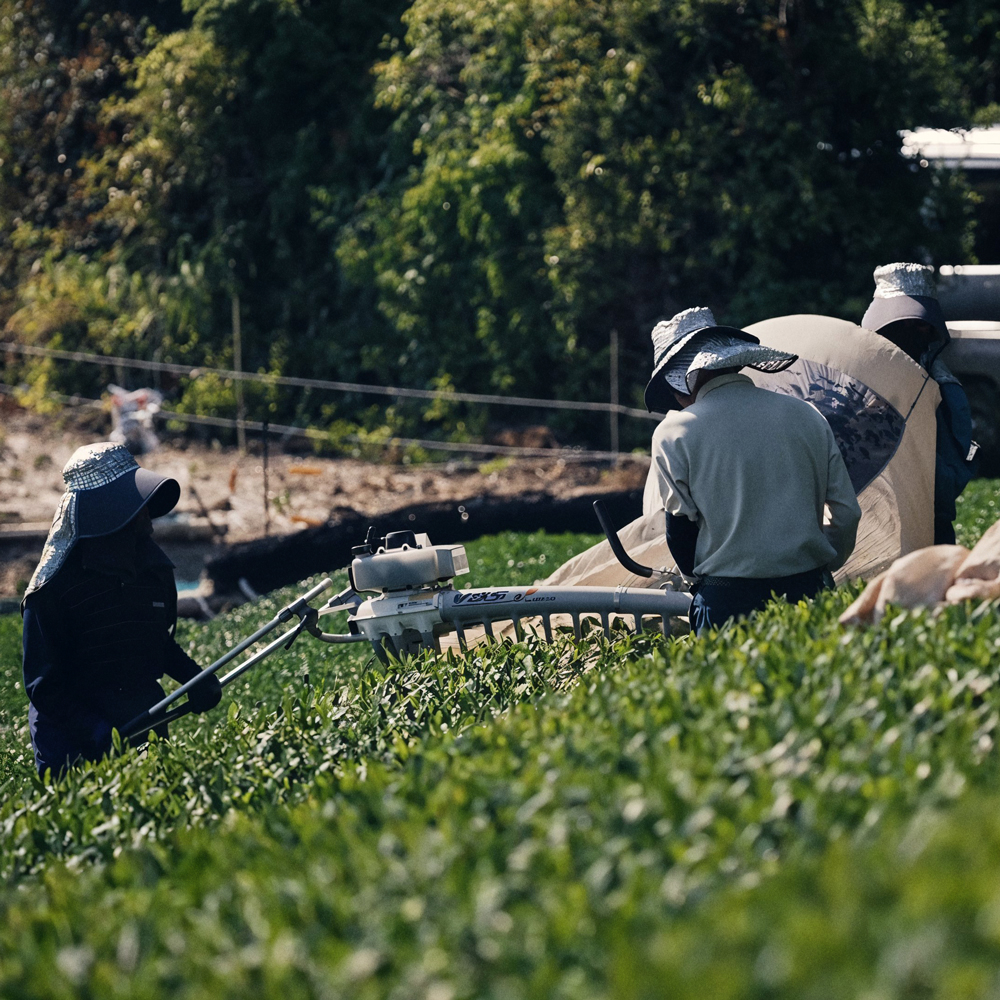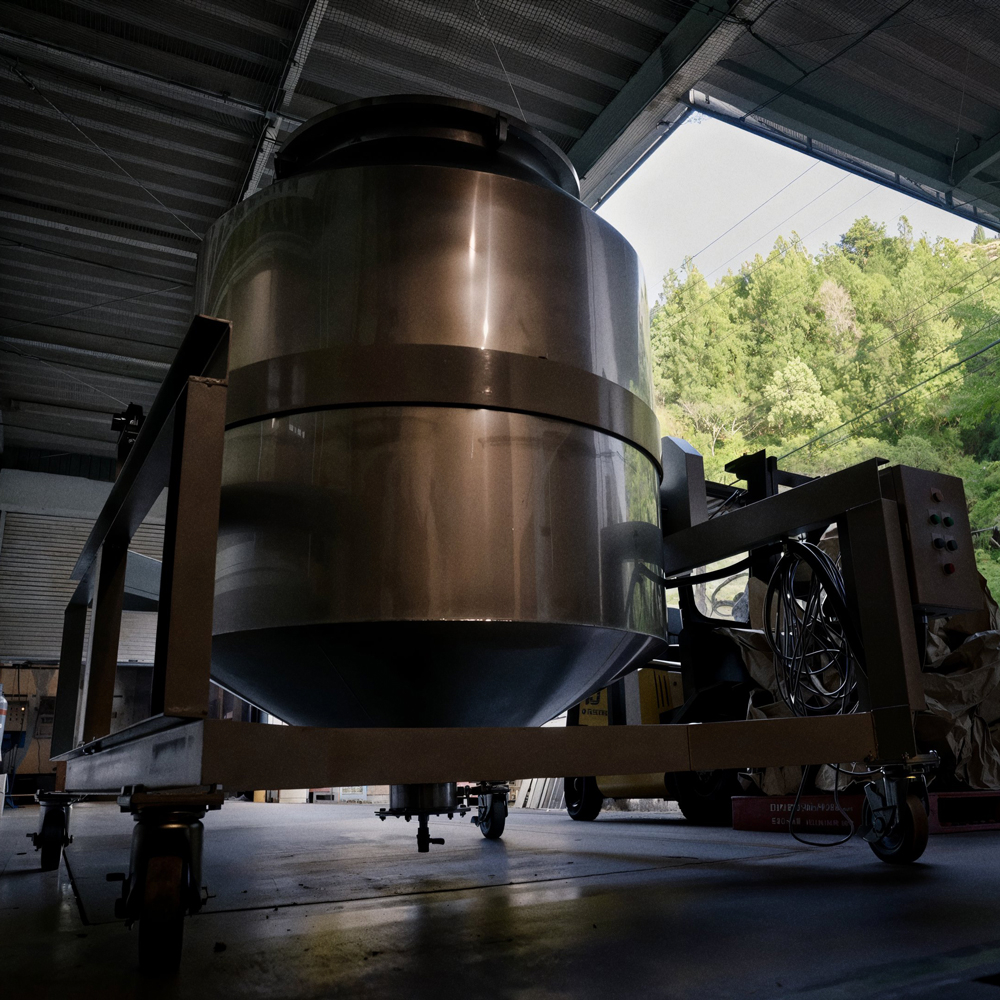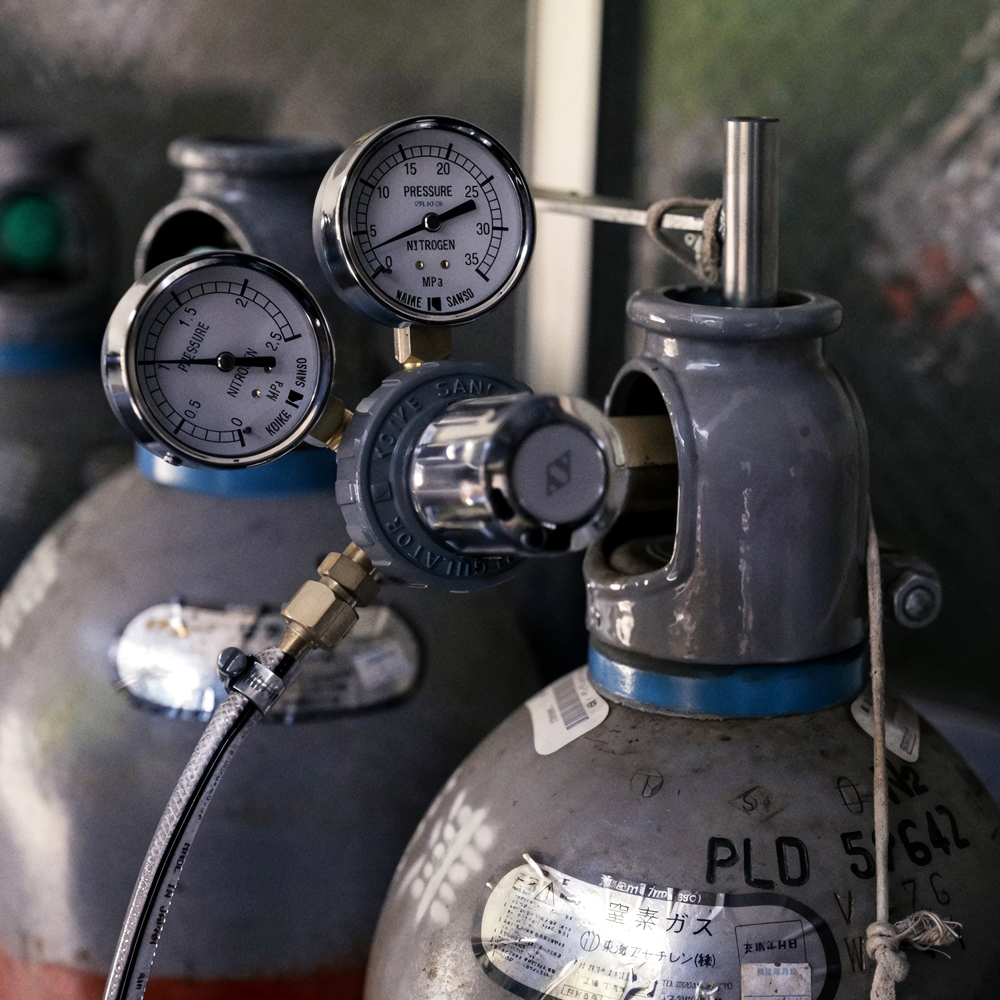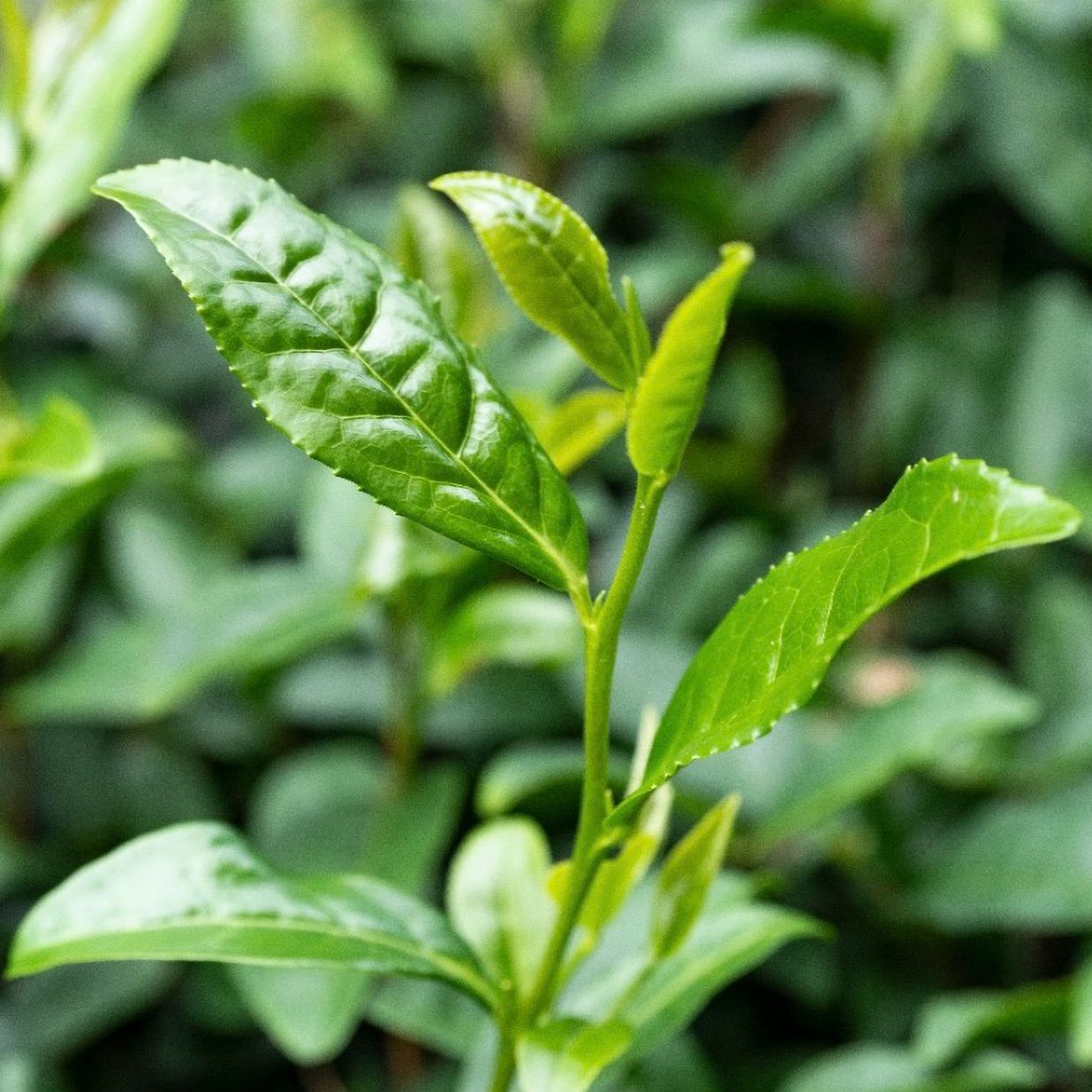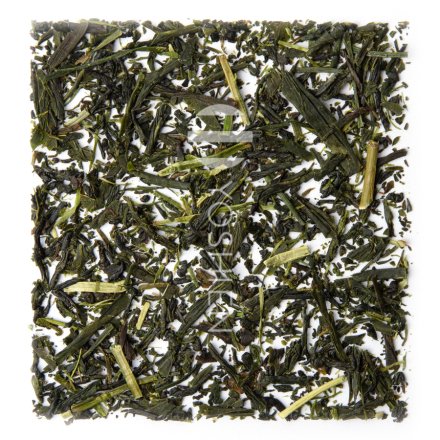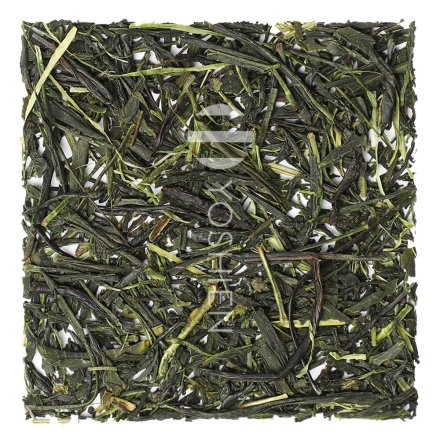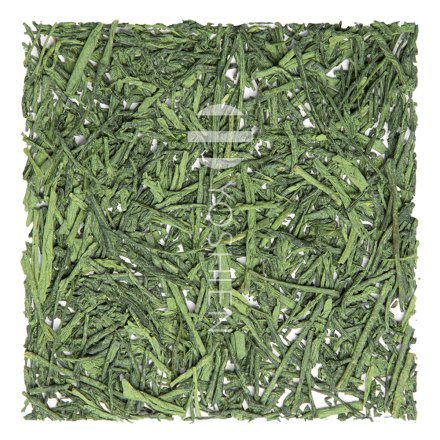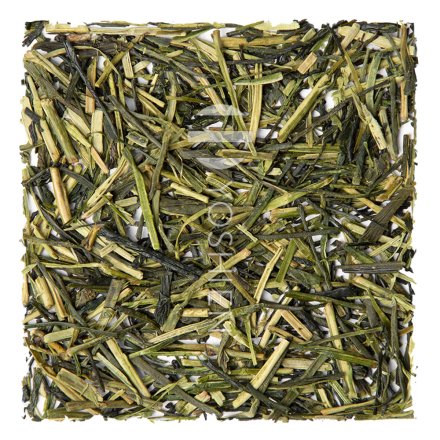GABA Content
Through a special production process in which the tea leaves are stored directly after harvesting in the absence of oxygen, a significant amount of GABA is naturally produced in the leaves.
GABA, an important amino acid
The natural amino acid GABA (γ-aminobutyric acid) is an important non-proteinogenic, endogenous amino acid.
GABA is found in varying amounts in certain foods and is also formed in the brain from glutamine. It is particularly abundant in: special green tea GABA tea (up to 400mg/100g), tomatoes (up to around 60mg), sprouted rice, certain fermented foods, potatoes (16-60mg), citrus fruits (10-23mg).



